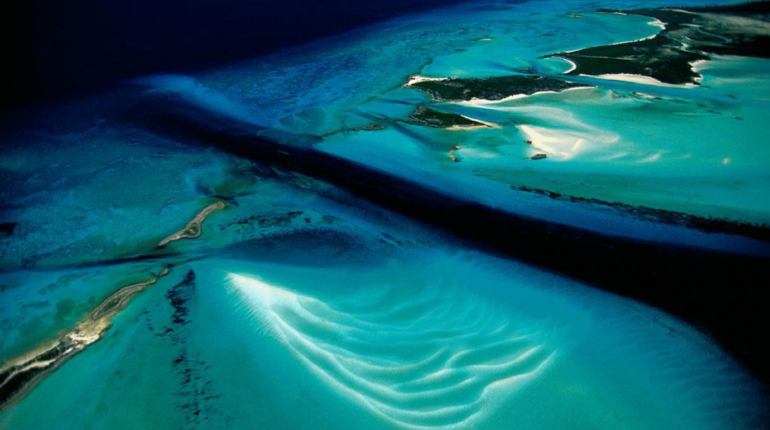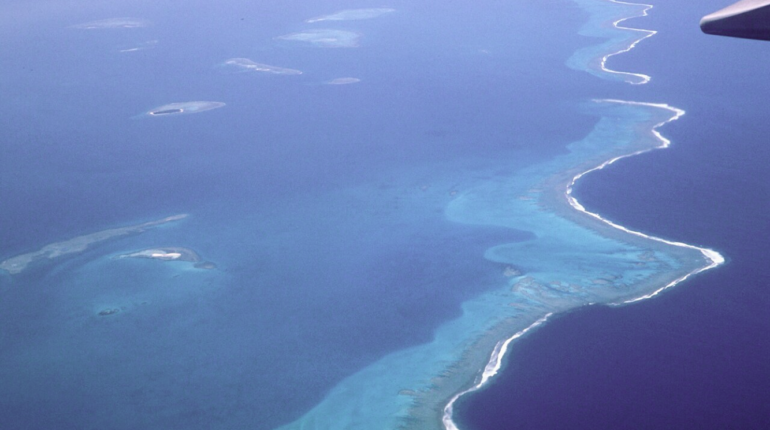Legal Rights for Oceans: A Call for Protection and Respect
Written on
The Case for Ocean Protection
Recent initiatives to provide legal rights to rivers, lakes, and forests have prompted experts to argue that oceans also require enforceable legal protections. According to researchers from the Earth Law Center, this approach is essential for improving our relationship with oceans and preventing catastrophic ecosystem failure.
Through a newly published article in PLOS Biology, the organization emphasizes the importance of treating oceans not merely as resources but as living entities deserving of respect. A campaign has been initiated to advocate for the legal rights of oceans, following similar movements for freshwater bodies and forests aimed at enhancing conservation efforts and curbing environmental degradation.
A Long Overdue Discussion
For decades, discussions about effective strategies for ocean conservation have been ongoing. The UN Ocean Conference, established to encourage compliance with international ocean protection standards, has struggled to produce significant results in its five years of operation. Given that oceans cover 70% of the Earth's surface and absorb 30-50% of atmospheric carbon dioxide, the health of our planet is intrinsically linked to the vitality of its oceans.
This comprehensive environmental perspective highlights the urgent need for ocean protection, particularly as human survival is contingent upon it.

The Earth Law Center's report, which incorporates Indigenous perspectives and existing, albeit limited, laws on nature, encourages a reevaluation of how we perceive global oceans. It advocates for the recognition of oceans as entities deserving their own rights and protections, aiming to address the long-standing challenges posed by climate change, overfishing, habitat destruction, and pollution. Acknowledging these issues is deemed essential for justifying more stringent conservation measures.
However, developing effective policies for environmental protection has always been a complex endeavor. Last year, the UN initiated the Decade of Ocean Science for Sustainable Development, aiming to enhance human engagement with ocean ecosystems through scientifically grounded research and innovative discoveries.
In parallel, annual COP meetings allocate an entire day to ocean protection discussions. Yet, as Greta Thunberg aptly states, much of the dialogue has resulted in little more than "blah blah blah," with few tangible outcomes.

For instance, a significant bill aimed at protecting the high seas has been in development for over a decade without any world leader signing it. This legislation was a primary focus at this year's UN Ocean Conference in Lisbon, yet leaders failed for the fifth consecutive time to agree on a comprehensive framework for ocean conservation. Consequently, an alarming 95% of the world's oceans remain "lawless zones," where overfishing occurs without regulation.
It is hoped that the Earth Law Center's recent study, supported by the UN's research findings, can provide a clearer basis for ocean governance. After all, these proposed frameworks are rooted in existing legal principles concerning nature.
I envision a world where oceans are recognized as vital entities deserving of protection and conservation, particularly given the diverse life forms they support, many of which remain unexplored by humans.
If ensuring a balanced ocean requires us to consume less fish, minimize plastic usage, and approach ocean stewardship with greater respect, then this seems a small price to pay for the invaluable environmental services our oceans provide.
This video titled "Clarifying States' duties to protect the ocean from climate change impacts, through a human rights lens" delves into the responsibilities of governments in safeguarding oceanic ecosystems amid climate change.
In the video "Our Oceans in 2030," experts share visions and strategies for sustainable ocean management, emphasizing the significance of collective action for the future of our seas.